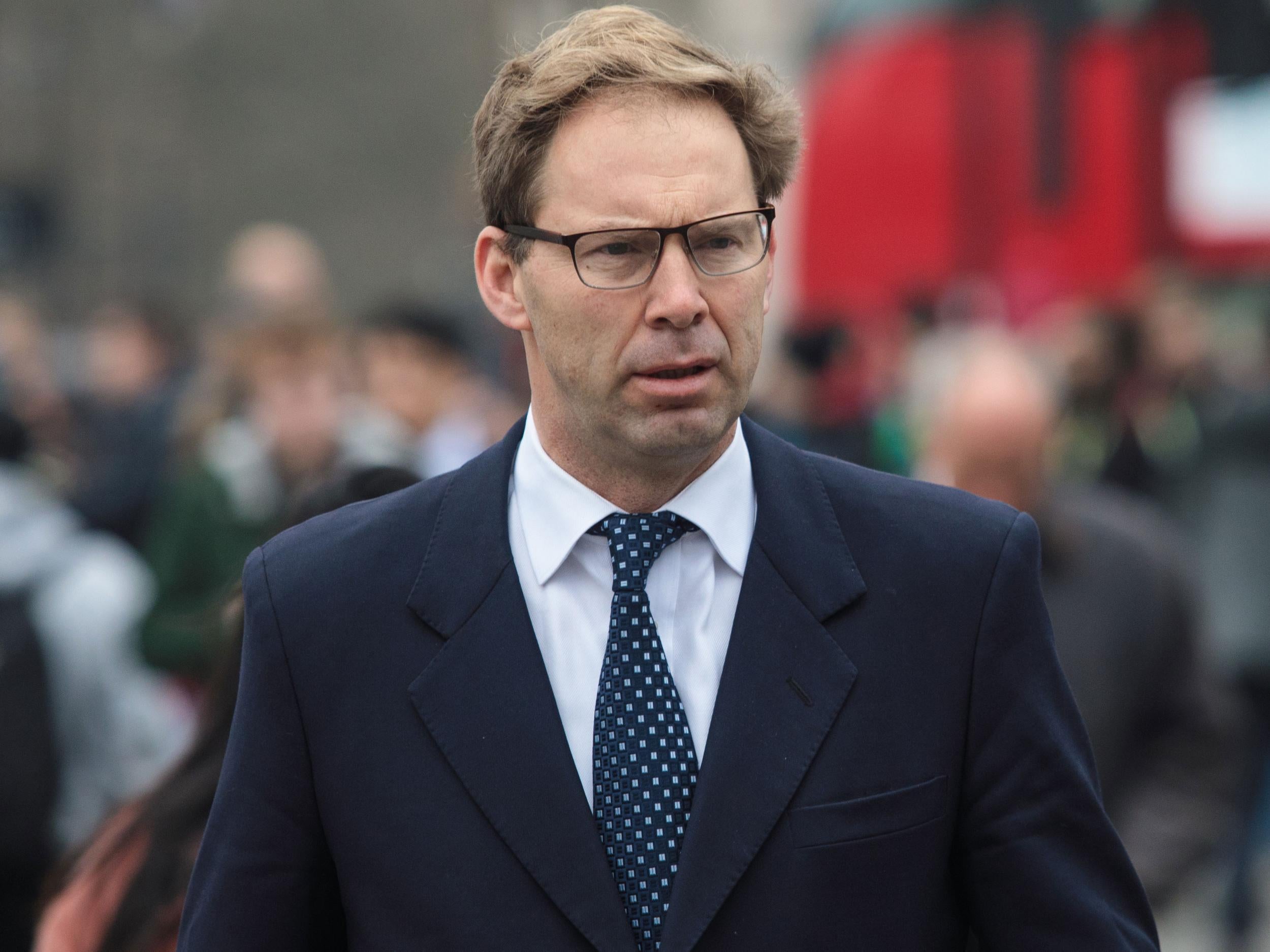Minister admits UK 'could have done more' to prevent chaos in Libya
War-torn North African country is under renewed scrutiny following Manchester bombing

Your support helps us to tell the story
From reproductive rights to climate change to Big Tech, The Independent is on the ground when the story is developing. Whether it's investigating the financials of Elon Musk's pro-Trump PAC or producing our latest documentary, 'The A Word', which shines a light on the American women fighting for reproductive rights, we know how important it is to parse out the facts from the messaging.
At such a critical moment in US history, we need reporters on the ground. Your donation allows us to keep sending journalists to speak to both sides of the story.
The Independent is trusted by Americans across the entire political spectrum. And unlike many other quality news outlets, we choose not to lock Americans out of our reporting and analysis with paywalls. We believe quality journalism should be available to everyone, paid for by those who can afford it.
Your support makes all the difference.The UK “could have done more” to stop the chaos and bloodshed in Libya that followed Western intervention, a Foreign Office minister has admitted.
Tobias Ellwood defended RAF air strikes against dictator Muammar Gaddafi, ordered by David Cameron, saying there was a “duty to protect” civilians during the North African country’s 2011 revolution.
The UK’s role in Libya – where Manchester bomber Salman Abedi had strong links – has come under renewed scrutiny since the attack, which killed 22 people.
Since the revolution, the country has descended into a state of semi-anarchy with power divided between rival governments and arms factions including Isis.
The unstable situation has also allowed Libya to become a central hub of the refugee crisis as people smugglers take advantage of widespread lawlessness to launch thousands of boats towards Europe.
Jeremy Corbyn said soon after the Manchester bombing that British foreign policy has worsened terror threats to the UK.
But Mr Ellwood, speaking about the Libyan campaign at a Royal United Services Institute (RUSI) event, said: "I really do believe that not knowing the full outcome of events is not reason for inaction."
He referred to the duty to protect civilian areas before adding: "But we didn't do it to try and transform Libya and do something else.
"We did it to support the people of Libya against a criminal and indeed a terrorist himself with what he did with the Pan Am flight and so forth.
"There were elections, there was a Prime Minister, there was a transition council as well and then also, of course, a general national congress.
"It was 40 years of misrule in a very complex society with huge tribal constructs across there, after 40 years all these tribes found they had a bit of space, a bit of elbow room, and yes perhaps we could have done more but we were asked to leave, the international community was asked to take a step back from its involvement.
"But, yes, there have been consequences of that which we now need to work with the Libyans to make sure that Derna and Sirte and places like this, where Daesh has now moved itself because we've been succeeding in Iraq, is not able to train those people that causes the harm in places like Manchester."
Also speaking on the panel was the shadow Foreign Secretary, Emily Thornberry, who echoed Mr Corbyn’s comments.
She said the "failure of Libya" resulted in large ungoverned parts of the country which "directly leads to us being less safe" if these areas are used to train and arm people who "turn themselves on the West".
Barack Obama has been among the most prominent critics of the UK's role, last year accusing Mr Cameron of allowing the country to become a "shit show" after Gaddafi was killed.
Additional reporting by Press Association
Join our commenting forum
Join thought-provoking conversations, follow other Independent readers and see their replies
Comments